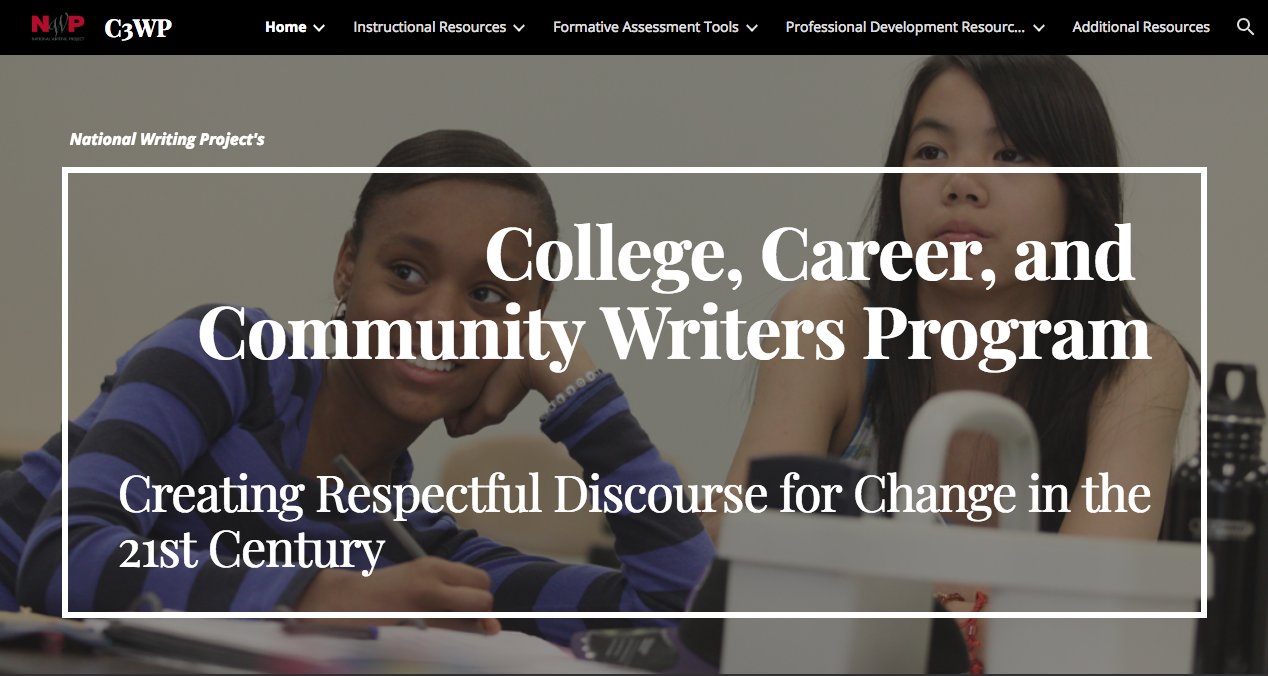Emptiness through Isolation
Isolated. Exhausted. Depleted. The three feelings which most accurately portray my physical and emotional state at the end of my fourth year as a teacher. Each morning as I drove to work, an emotional weight impressed itself on me, forcing a visible droop in my posture with every passing mile. Expressionless and silent, my wife and I sat in our car storing energy to survive the day. I felt alone.
It’s weird though. During that same school year, I had the privilege to teach some of the most charismatic, kind, and enjoyable kids I have had throughout my career. Tucker who accidentally signed papers with his Twitter handle (TuzzyP$). Cedric’s genuine distress when he was in the bathroom the day I accidentally cussed in front of the class. Diedra, a child with vast potential, experiencing some of her first academic successes despite the harsh environment in which she had to survive.
However, despite the daily joy received through my students, the emptiness was ever present. It constantly laid heavily in the pit of my stomach creating a void which painfully magnified the minimal joy I felt from my work. I loved my kids, but what caused me to feel so isolated, exhausted, and depleted?
During that year, I searched desperately for the cause, but I grasped at air. The understanding and solution I desired? Absent. Toward the end of the second semester, I learned we would participate in a research study the following year under a moniker I didn’t understand: the C3WP. (I now know this stands for the College, Career and Community Writers Program.)
At first, I offered it little of my attention as I prepared my students for their state assessments simply completing the Google forms as they arrived. The occasional inquisitive email graced my inbox, but nothing that presaged the program’s impending impact. I’d do my part and move on; my emptiness in tow. One day though, I quite literally heard fate knocking at my door. On that day, I had no idea that I was opening the door, not just to three valued future colleagues, but to what I consider the genuine beginning of my professional career.
The Point of Impact
Throughout the following year, I came to possess an intimate knowledge that my loneliness and exhaustion stemmed from not belonging to a community. Yes, I worked with plenty of others, and many of them were intelligent, hard working people, but the only one with whom I felt any sense of community was my co-teacher and wife. However, despite our closeness, two, a community does not make. The C3WP gave me access to a real educational community for the first time in my young career.
The intelligence of the teacher consultants and the quality of the lessons’ designs forced a sobering look in the mirror. The reflection staring back a far cry from the previously dead eyed countenance which illustrated the strains of working in an environment which creates stagnation.
Working with others visibly excited about student learning and not just tested material invigorated my soul. My loneliness collapsed under the weight of so many new friends and their contagious optimism. The knowledge I gained and my newfound inspiration propelled me into a new year where the impact of the C3WP extended to my students.
Exploring and Growing Together
Developing a culture of argument serves as the foundation for the community which the students build together. Students grew comfortable existing around and within opposing points-of-view. They found themselves deeply passionate about topics they previously gave little thought to.
The kids grew from the insights of others and gained empathy from the arguments they made and experienced. My passionate gamers’ initial unyielding defenses of their gaming practices drew challenges from others: “Don’t play when you get home from school, then?” These combative, yet friendly, interactions eventually gave way to changing perspectives: “Maybe games are more addicting than I thought.” New understanding became obvious when students formed new questions based on the resources. One shockingly asked, “So, I can lose a job in the future based on what I do online now?” The value of the work was evident; learning and personal growth stemmed from the reading, writing, and conversations students experienced as a result of belonging to the classroom community.
By participating in the civic discourse, the students found a sense of belonging in the classroom community which reflected the societies they lived in, too. Jarod, a student with a hard life and checkered history of behavior issues and violence, best illustrates the impact of the C3WP when he told me: “What we did in class has really helped me. I actually try to use what we learned to talk with people when I have a problem; sometimes, it doesn’t work though.” Like Jarod, students grew and learned ways to live with others and express their opinions through healthy and constructive means.
Teachers and students alike experience the impact of C3WP in a multitude of ways. I can only give my own experiences and perceptions, but I believe wholeheartedly they must reciprocate with others. The program is one of great depth and complexity, but I feel the need to define the impact in simple terms. The community one finds oneself in after experiencing the program leads to change, growth, and a desire for more. You have access to the tools you need to survive, thrive, and excel in the global community we belong to by default. The civic discourse created through the C3WP is an invitation to join a community which seeks to impact the world through meaningful student learning and growth. Gather, talk, write, learn, and grow with others; it is so very important!



